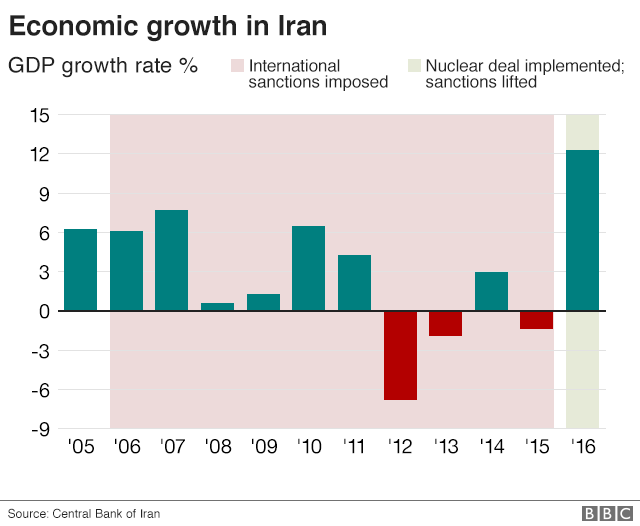

restrictions on access to Union capital markets in relation to the Belarusian Government, as well as Belarusian state-owned financial institutions and entities trade restrictions concerning petroleum products, potassium chloride ('potash') and goods used for the production or manufacturing of tobacco products the member States deny permission to land in, take off from or overfly their territories to any aircraft operated by Belarusian air carriers, including as a marketing carrier. freezing of funds and economic resources of listed persons, entities and bodies restrictions on admission of listed natural persons ban on exports of equipment for internal repression New executive order - Blocking Property and Suspending Entry into the United States of Certain Persons Contributing to the Destabilizing Situation in the Western Balkans (June 8, 2021).

Yes, for details what sanctions apply, see above mentioned links or contact us. See Bosnia and Herzegovina and/or Moldova and/or Serbia and Montenegro Yes, for details what sanctions apply, see above mentioned links or contact us.Īs of Feb 11, 2022, Executive Order Protecting Certain Property of Da Afghanistan Bank for the Benefit of the People of Afghanistan. freezing of funds and economic resources The establishment of a focal point for de-listing, and the Office of the Ombudsperson to the ISIL (Da'esh) & Al-Qaida Sanctions Committee are examples of this approach in practice.Sanction Risk list regarding countries updated until: In the 2005 World Summit declaration, the General Assembly called on the Security Council, with the support of the Secretary-General, to ensure that fair and clear procedures are in place for the imposition and lifting of sanctions measures. The Council applies sanctions with ever-increasing cognisance of the rights of those targeted. There are 10 monitoring groups, teams and panels that support the work of 11 of the 14 sanctions committees. Each regime is administered by a sanctions committee chaired by a non-permanent member of the Security Council. Today, there are 14 ongoing sanctions regimes which focus on supporting political settlement of conflicts, nuclear non-proliferation, and counter-terrorism.

The Libyan and Guinea-Bissau sanctions regimes all exemplify this approach.

Contrary to the assumption that sanctions are punitive, many regimes are designed to support governments and regions working towards peaceful transition. The measures are most effective at maintaining or restoring international peace and security when applied as part of a comprehensive strategy encompassing peacekeeping, peacebuilding and peacemaking. Sanctions do not operate, succeed or fail in a vacuum. The Security Council has applied sanctions to support peaceful transitions, deter non-constitutional changes, constrain terrorism, protect human rights and promote non-proliferation. The measures have ranged from comprehensive economic and trade sanctions to more targeted measures such as arms embargoes, travel bans, and financial or commodity restrictions. Security Council sanctions have taken a number of different forms, in pursuit of a variety of goals. Since 1966, the Security Council has established 30 sanctions regimes, in Southern Rhodesia, South Africa, the former Yugoslavia (2), Haiti, Iraq (2), Angola, Rwanda, Sierra Leone, Somalia and Eritrea, Eritrea and Ethiopia, Liberia (3), DRC, Côte d’Ivoire, Sudan, Lebanon, DPRK, Iran, Libya (2), Guinea-Bissau, CAR, Yemen, South Sudan and Mali, as well as against ISIL (Da'esh) and Al-Qaida and the Taliban. Sanctions measures, under Article 41, encompass a broad range of enforcement options that do not involve the use of armed force. The Security Council can take action to maintain or restore international peace and security under Chapter VII of the United Nations Charter.


 0 kommentar(er)
0 kommentar(er)
